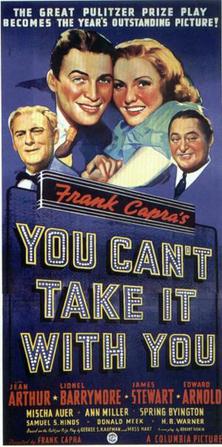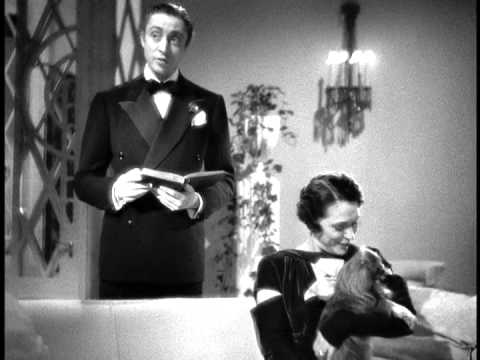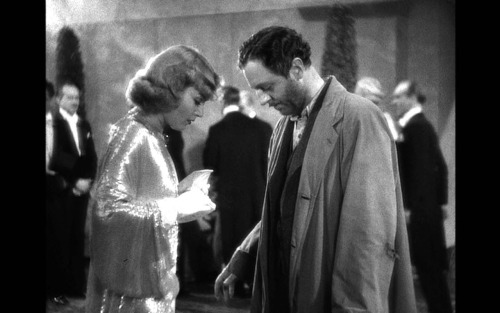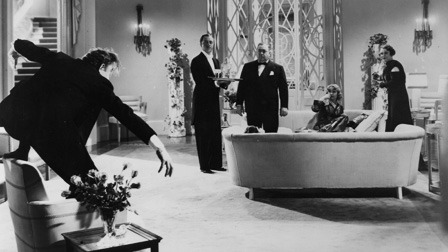
The 1947 film, For You I Did, opens with what would be the finale of many other crime movies, a daring prison break.
The psychotic Matt Guber (Don C. Harvey) has managed to escape from prison, along with a younger prisoner named Johnny Coulter (Paul Langton). From listening to their dialogue as they flee the cops, it quickly becomes obvious that the escape was Guber’s idea and that Johnny is something of an unwilling accomplice. Johnny only had a year left in his sentence but now, thanks to Guber, he’s a wanted man. Making matters even worse is the fact that Guber killed a guard during the escape. Johnny knows that if he turns himself in or if he’s captured, he’ll be considered an accessory to murder.
Guber tells Johnny to go to a nearby roadside diner and deliver a message to his girlfriend, Hope (Cathy Downs). Guber says that he’ll come to the diner in a week to get them. Johnny follows Guber’s orders but, when he reaches the diner, he discovers that Hope has changed her ways and no longer wants anything to do with Guber. Using an assumed name, Johnny gets a job at the diner and soon, he and Hope are falling love.
Johnny gets to know the other workers and customers at the diner. They include Hope’s kind but no-nonsense aunt, Maggie (Marion Kerby), and Hope’s flirtatious cousin, Georgie (Jane Weeks). Working in the kitchen is Smitty (Roman Bohnen), an alcoholic with a tragic backstory. There’s also Alec Shaw (Mischa Auer), a flamboyant con man, and two slow-witted cops (Charles Waldron, Jr. and Rory Mallinson) who always mention that Johnny looks familiar but they just can’t figure out where they’ve seen him before. Johnny gets to know all of them as, for the first time in his life, he finds himself accepted as a part of a community. However, even as Johnny finds happiness, he knows that the clock is ticking. There’s only so long that he can hide his identity and Guber is due to show up at any moment….
Poverty Row is a term that was often used to describe the low-budget B-movies of the 40s and 50s and it’s certainly an apt description of For You I Die. It’s not just the fact that the film is about poor and often desperate characters. It’s also that the film itself looks like it was made for next to nothing. However, the film’s cheap look is actually one of its greatest strengths. Visually, the grainy black-and-white lends the film a gritty atmosphere and the limited and sparsely decorated sets serve to play up not only Johnny’s claustrophobia but to also remind us that, even if Johnny does find some temporary happiness, he still has nowhere to go. That diner is both the beginning and the end of Johnny’s freedom.
Character actor Mischa Auer was probably the biggest name in the cast. He was a well-known screen comedian, one who specialized in playing over-the-top eccentrics. His comedic presence in this relatively somber film feels rather odd. As well, Paul Langton is convincingly sullen in the role of Johnny but he’s not particularly compelling. Far more impressive are Marian Kerby, Cathy Downs, and especially Jane Weeks. As the gleefully amoral Georgie, Weeks steals almost every scene in which she appears while Marion Kerby is everyone’s ideal aunt. Finally, Cathy Downs plays Hope and brings a poignant sense of regret to a role that, as written, could have just been a stereotypical “good girl.” Hope is someone who has made her mistakes but who refuses to be defined for them. In the end, Hope epitomizes …. well, hope.
For You I Die is a taunt and effective film noir and a reminder not to dismiss a film just because it came from Poverty Row.









